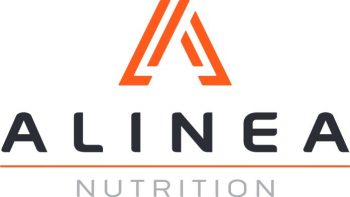*Geek Box: Soy Isoflavones & Prostate Cancer
Soy foods are rich in specific types of (poly)phenol compounds known as isoflavones, particularly genistein and daidzein. An important characteristic of the activity of soy isoflavones is the metabolism of daidzein by gut bacteria into a metabolite known as equol. Equol is exclusively a product of bacterial metabolism of daidzein and does not appear in the body unless soy foods are consumed in the diet.
One potential mechanism through which soy isoflavones and equol may lower PCa risk is through the oestrogen-receptor beta [ER-ß]. Of the two oestrogen-receptors, ER-alpha induces cell hyper-proliferation, a fancy term for the rapid growth and replication of cells that is an important characteristic of cancers. In contrast, ER-ß counteracts this process, and both genistein and equol display a high affinity for binding to the ER-ß, which may suppress cell growth.
Importantly for PCa, ER-ß is present in the prostate gland. Another potential role for equol is in relation to the androgen, dihydrotestosterone [DHT], as high circulating levels of DHT appear to stimulate the growth of cancerous cells in the prostate. Equol has been shown to bind to DHT, thus preventing it from binding to androgen-receptors in the prostate. Genistein may also inhibit the production of prostate-specific antigen [PSA], an androgen-dependent gene.
It is important to note that these potential mechanisms are mostly derived from either animal models or in vitro studies, so we must be cautious not to over-extrapolate. However, such evidence is useful in considering the biological plausibility of associations noted in epidemiology. It is important to note that each of the mechanisms identified for soy isoflavones and equol in the prostate that influence the androgen-receptor pathways are independent of actual effects on male sex hormone production, e.g., testosterone, as soy consumption has no adverse effects on testosterone levels.
